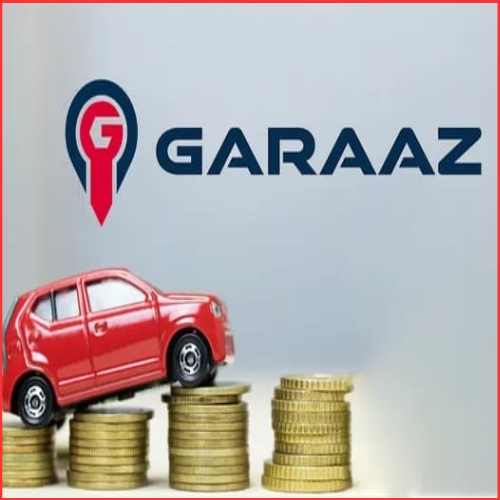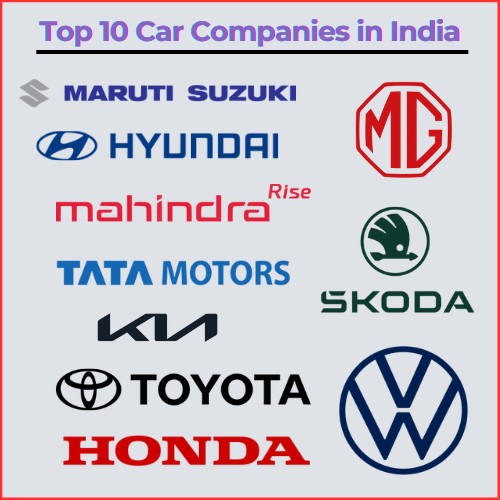According to a report by The Economic Times, manufacturers of electric two-wheelers are encountering a significant obstacle as the government has ceased the distribution of subsidies that were allocated for electric vehicle (EV) manufacturers under the “Faster Adoption and Manufacturing of Electric Vehicles (FAME)” scheme.
According to a report by Business Standard, certain manufacturers who are being investigated for potential breaches of the local-sourcing regulations of a government scheme have had their subsidies halted. Okinawa Scooters and Hero Electric were among the initial group of original equipment manufacturers (OEMs) whose subsidies were suspended in September 2022.
According to insiders in the industry, it is unlikely that the target of one million units for this fiscal year will be achieved, due to recent developments. However, even if this target is not reached, the number of units sold is still expected to be a new record and approximately three times the volume sold in the previous fiscal year. This information was reported in a news article.
Additionally, the government has not yet paid out subsidies worth Rs 1,100 crore under the FAME scheme. Industry executives have expressed concern about this development, stating that it has caused a significant shortage of working capital for their companies. They have already passed on the subsidy benefits to customers, and are now awaiting reimbursement from the government.
In a recent report, Sohinder Gill, who is the Director General of the Society of Manufacturers of Electric Vehicles (SMEV), was quoted as saying that sales of electric two-wheelers (e-2W) will struggle to reach between 720,000 and 750,000 units this fiscal year. This represents a 25% drop from the annual projection of 1 million units that was made by the NITI Aayog and the SMEV. Gill, who is also the CEO of Hero Electric, which is among the companies being investigated by the government, has stated that SMEV is compliant with the rules.
The report also states that the government is investigating allegations against four other companies that are suspected of artificially lowering the prices of two-wheelers to qualify for the FAME subsidy. The Economic Times reported this news.
Data from the government’s Vahan portal shows that 600,000 electric two-wheelers have been registered in this fiscal year until January. Gill has said that this number may increase by another 150,000 units by the end of the fiscal year in March. Sales in the previous fiscal year were around 231,000 units, according to the report
It is worth noting that the FAME scheme has played a crucial role in promoting the growth of electric vehicle sales in India. For two-wheelers, the government provides a subsidy of Rs 15,000 per kWh, which is capped at 40% of the total cost of the vehicle.
Gill, in the same report, has stated that unless the subsidy issue is resolved quickly, India may have to delay its vision of achieving a cleaner environment and reducing its dependence on fossil fuels by a few years. It is important to note that despite the challenges faced by the industry, there is still a significant demand and order backlog for electric two-wheelers, which highlights the increasing popularity and demand for these vehicles.














